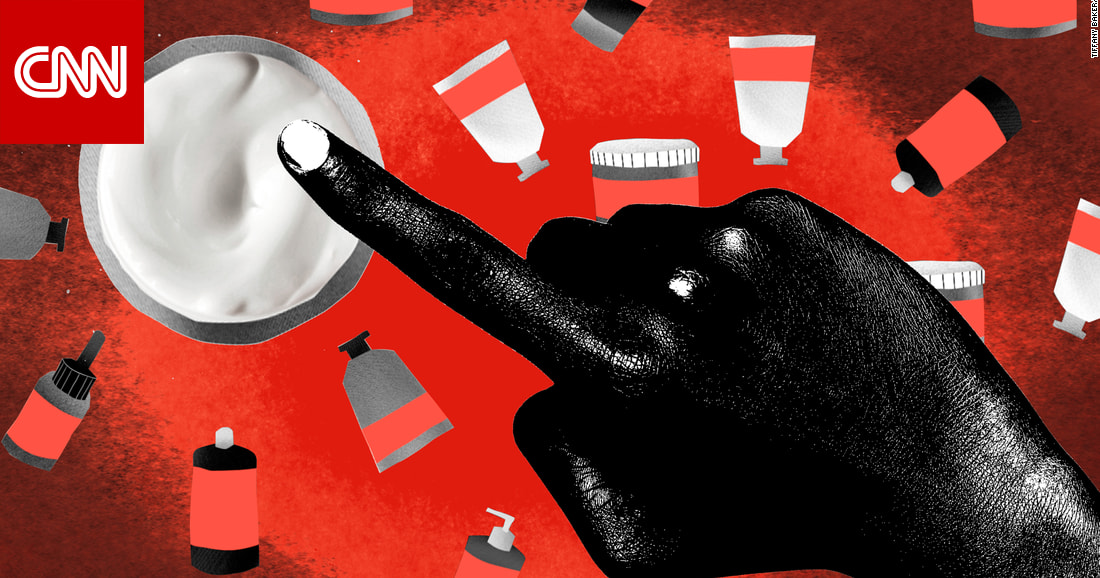TIME.CO, Jakarta – Researchers have long known that food affects mental health. However, most nutrition interventions for neurohealth focus on single foods rather than approaches diet realistic.
Therefore, in a new randomized controlled trial (RCT) from Molecular Psychiatry, researchers in Cork, Ireland, set out to investigate whether a health-promoting psychobiotic diet has a positive effect on mental health.
What is a psychobiotic diet? A term coined by coauthors Timothy “Ted” Dinan, Ph.D., and John Cryan, Ph.D., the psychobiotic diet leans into the gut-brain axis by prioritizing gut-healthy foods (grains, fruits and vegetables). , nuts and fermented foods) and bans processed foods and beverages.
The study diet included:
-6-8 servings of high fiber fruit and vegetables per day prebioticseg apples, bananas, green onions, onions.
-5-8 servings of whole grains, eg oats, quinoa, per day.
-2-3 servings of fermented foods per day, such as sauerkraut, kefir, kombucha.
-3-4 weekly portions of vegetables, eg beans, lentils, peas.
Planning a psychobiotic diet
The study involved 45 healthy adults aged 18 to 59 with suboptimal eating habits. The study group was given information about the components of the psychobiotic diet and asked to follow it as much as possible. Small groups receive short lectures on general nutrition, not lectures focused on psychobiology.
The researchers looked at fetal composition and function, stress, general health and diet, and determination of blood, urine and stool samples both before and after the four-week trial for the two groups.
How does the psychobiotic diet affect mental health?
Participants in the psychobiotic diet study tended to have greater stress reduction. Although there was no significant difference in stress response between the control and study groups, greater adherence to the study diet resulted in a reduction fatigue that feels bigger.
Although the changes in intestinal bacterial composition were barely noticeable to the research team, significant changes observed in 40 specific lipids due to decreases in dietary fats and increases in lean fats and urinary metabolites such as essential amino acids, which are essential for high protein synthesis and a healthy response, were also observable…
In just four weeks, participants on a psychobiotic diet high in fiber and fermented foods experienced less stress, healthier guts, healthier inflammatory metabolite profiles, and slightly improved microbial composition and function.
NADIA RAICHAN FITRIANUR | MIND BODY GREEN
Read also: Reckless dieting can cause protein deficiency, here’s the impact

